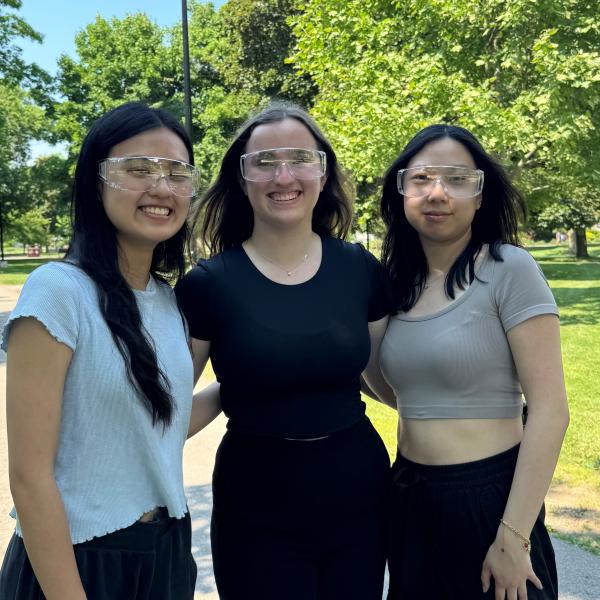What if your stove could learn that you have a tendency to forget the pot of rice on the burner, and alert you when it thinks you’re about to repeat that bad habit? For seniors wanting to continue living safely on their own for as long as possible, it could be a life saver. Assistive devices developed by Bruno Bouchard and his team at the Université du Québec à Chicoutimi use sensors and artificial intelligence (AI) to predict the behaviour of users, especially in potentially dangerous situations such as cooking. We talked to Bouchard to find out how applying artificial intelligence to aging could significantly change how we spend our golden years.
Canada now has more seniors age 65 years and older, than people under the age of 15. How can AI-enabled housing help an aging population?
Staying in the home is clearly desirable, not only from an economic point of view, but also because it offers a better quality of life. People should live as normal a life as possible without being segregated, and enjoy a dignified existence with as much autonomy as possible.
For many seniors with moderate to severe functional dependence, however, aging at home entails risks and requires supervision. Their family cannot be there all the time because it can be too much of a burden.
That’s why we’re developing ambient artificial intelligent systems, which use an array of electronic devices — sensors and actuators — incorporated into everyday objects such as cabinet doors, stoves, lamps, screens and so on. They are embedded in a transparent way, meaning that they are not visible to the user, to monitor the user’s status and provide assistance as needed.
For instance, falls are a big problem for seniors. Being able to detect a fall, or to be better able to predict in advance the emergence of conditions leading to a fall, will be something possible with our technology. Other examples where artificial intelligence helps include assistance in taking medication or learning the person's routines and detecting abnormalities.
Why is that important?
Detecting abnormalities is useful for a lot of things. It helps us send a better patient profile to doctors. It also helps us know when to intervene. For instance, suppose a person is cooking, water is boiling, the phone rings, and the person answers the phone. This distraction may cause him to forget the boiling water. In that case, the system can guide the person back to the kitchen, using the lighting system for instance, which illuminates a path through the kitchen. Then, the system can send an audio message inviting the person to check the boiling water. If the person does not respond to the intervention, the system can cut the power to avoid risk of fire.
Of the devices you’re working on, which could have the most impact in the next five to 10 years?
We are developing a smart stove prototype to monitor the cooking activity of a cognitively impaired user, and to give adapted guidance to complete a recipe. This system is also able to detect risky situations, such as a dangerous state that may lead to fire, and is able to take preventive actions accordingly. It combines, in real time, the inputs coming from heat sensors and electromagnetic contacts embedded in the stove to infer the current state of an ongoing recipe.
What we want is to have new assistive systems to monitor and help seniors perform their everyday tasks safely. We do not want to perform the task on behalf of the person, which does not help autonomy. On the contrary, we want to give the person the technological tools they need to remain independent.
For instance, if the person forgot to turn off his stove, instead of having the system cut the power automatically, we use light signals, as well as audio and video prompting, to guide the person to do it. Of course, in case of imminent danger, the system will intervene or call for medical emergency.
You once wrote that artificial intelligence is "destined to become a determining pillar of the economy of the future." What did you mean by that?
The rapid development of artificial intelligence is currently shaking the world, transforming the work and the organization of companies. This can be characterized as the third industrial revolution, after the automation by steam engines and then that of electricity.
In the specific context of our research, in the United States alone, the market for assistive technologies like ours will reach $60.5 billion (about $74 billion CDN) a year by 2018, with expected annual growth of nearly six percent over the next decade.
In Canada, we have a strong information technology sector, and some of the best infrastructure in the world to conduct artificial intelligence research. So we are well positioned to take advantage of this new economical paradigm.
Return to The great minds behind intelligent machines





